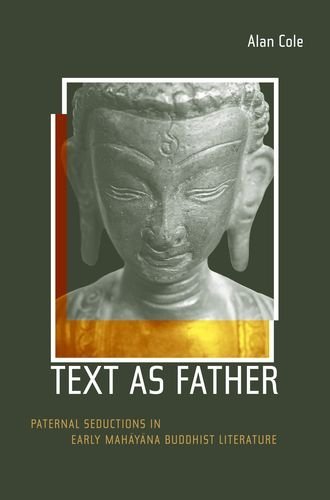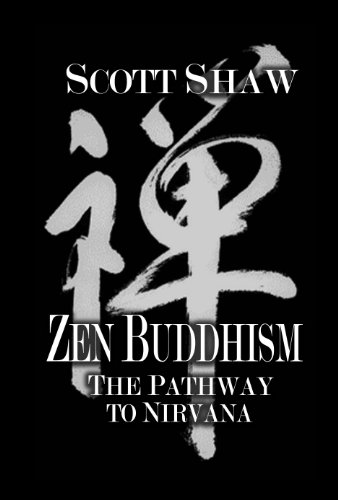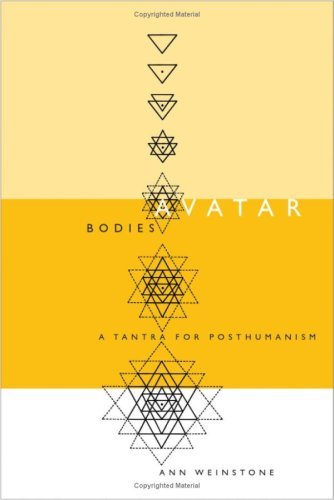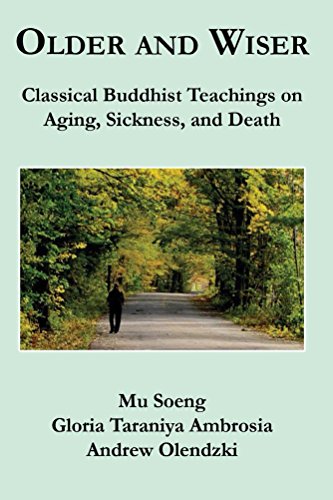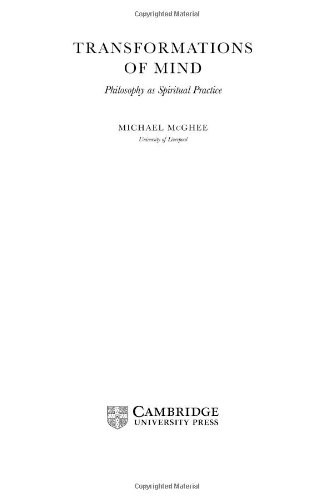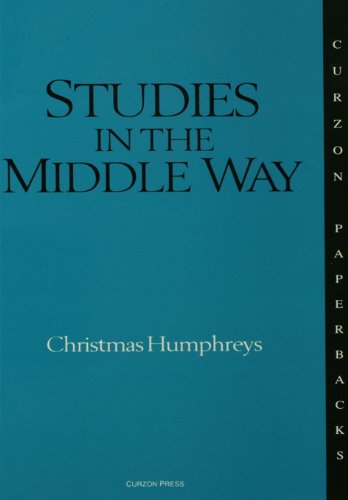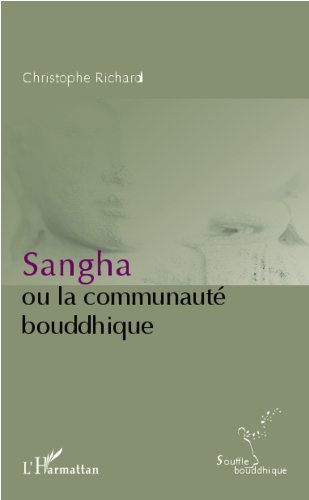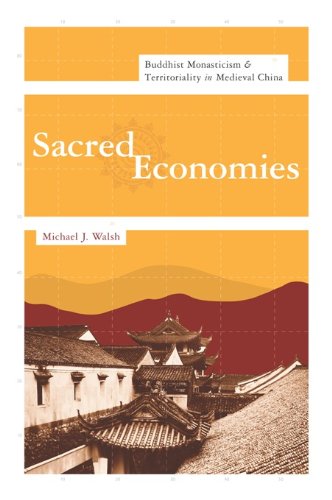
By Michael J. Walsh,Michael Walsh
Buddhist monasteries in medieval China hired a number of practices to make sure their ascendancy and survival. so much winning was once the trade of fabric items for salvation, as within the donation of land, which allowed clergymen to unfold their teachings all through China. via investigating various socioeconomic areas produced and perpetuated by way of chinese language monasteries, Michael J. Walsh finds the "sacred economies" that formed early Buddhism and its dating with intake and salvation.
Centering his examine on Tiantong, a Buddhist monastery that has thrived for just about seventeen centuries in southeast China, Walsh follows 3 major themes: the areas priests produced, inside and round which a neighborhood may pursue a significant lifestyles; the social and financial avenues by which monasteries supplied assorted sacred assets and secured the primacy of Buddhist teachings inside of an agrarian tradition; and the character of "transactive" participation inside of monastic areas, which later turned a basic component to a broader chinese language religiosity.
Unpacking those sacred economies and repositioning them in the heritage of faith in China, Walsh encourages a distinct method of the research of chinese language faith, emphasizing the severe hyperlink among non secular alternate and the creation of fabric culture.
